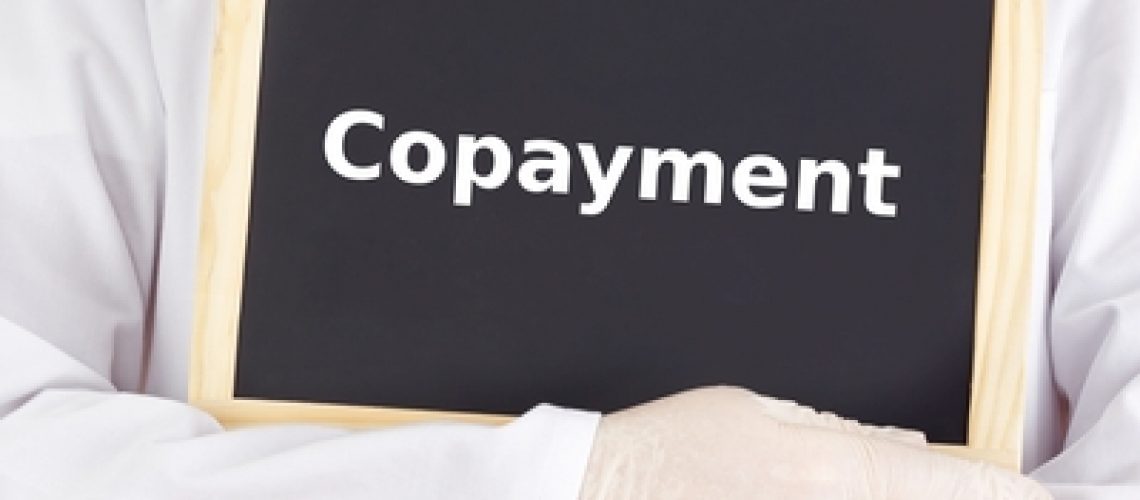It comes naturally to want to help your patients; especially the ones struggling to get by on a meager income or retirement. At first blush, it may make sense to waive the patient portion of a medical bill after the insurance has paid. But before you waive a patient’s financial responsibility, consider the legal consequences of doing so. Nowadays, patient discounts, if given incorrectly, can run awry of insurance regulations or even violate federal anti-kickback statutes.
John Meigs, Jr., has practiced as a solo, family physician in rural Alabama for over 30 years. During that time he says the business of medicine has changed drastically. Prior to the institution of health insurance, physicians would often discount their services for patients who struggled to pay or even give free care for the worst cases. Now, however, waiving the patient portion of a physician’s fee could potentially land a kind-hearted physician in hot water, as failing to collect insurance copays and deductibles could violate contracts with private and federal insurance companies. It could also negatively impact a practice’s bottom line.
“To be legal, you can’t charge less than what Medicare would pay … Obviously, if you discounted everybody you couldn’t stay in business. You have to collect,” says Meigs, who is now an employed physician at Bibbs Medical Associates, a rural health clinic in Bibbs County, Ala. and president-elect for the American Academy of Family Physicians.
LEGAL CONSIDERATIONS
In its “Code of Medical Ethics, Opinion 8.03, Conflicts of Interest” the AMA writes, “Under no circumstances may physicians place their own financial interests above the welfare of their patients. … If a conflict develops between the physician’s financial interest and the physician’s responsibilities to the patient, the conflict must be resolved to the patient’s benefit.”
But as a businessman or woman who has also entered into legal contracts with multiple insurance payers and the federal government, this ethical dictate is not always as simple as physicians might wish.
Attorney Michael Sacopulos, founder and president of Terre Haute, Ind.-based Medical Risk Institute, says in the vast majority of cases, the physicians he works with are not intent on defrauding payers or the government. “You’ve got a group of people that care about others, or they wouldn’t have gone into healthcare, and they want to provide services,” he says.
But the impulse to help patients by waiving copays is one a physician should resist for several reasons, says Sacopulos. Patient cost sharing is viewed as an important component of holding down the rising cost of medical care by commercial and government payers. The insurance companies reason if patients have more “skin in the game,” they may make better informed decisions about when and where to seek medical treatment, and potentially reduce their demands for expensive diagnostic testing and procedures that may not be necessary.
——————————————————
Photo courtesy of: Medical Coding News
Originally Published On: Diagnostic Imaging
Follow Medical Coding Pro on Twitter: www.Twitter.com/CodingPro1
Like Us On Facebook: www.Facebook.com/MedicalCodingPro







